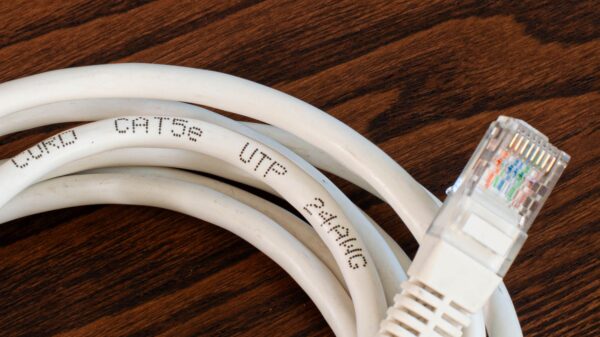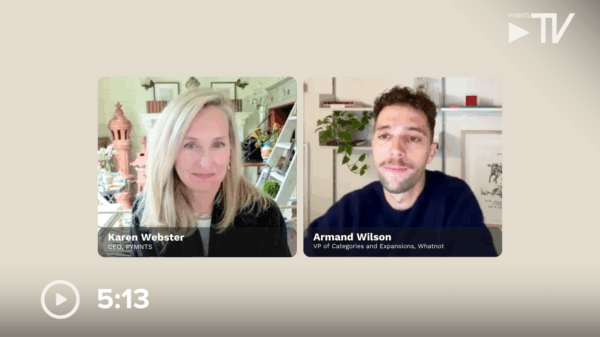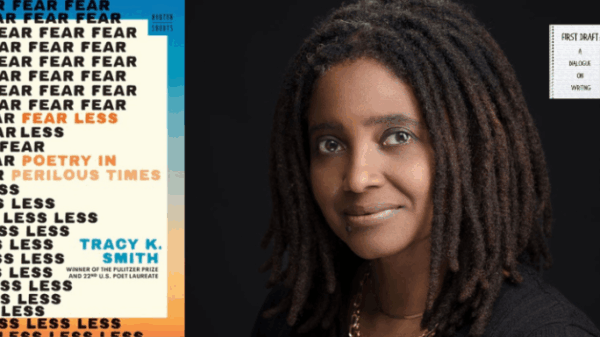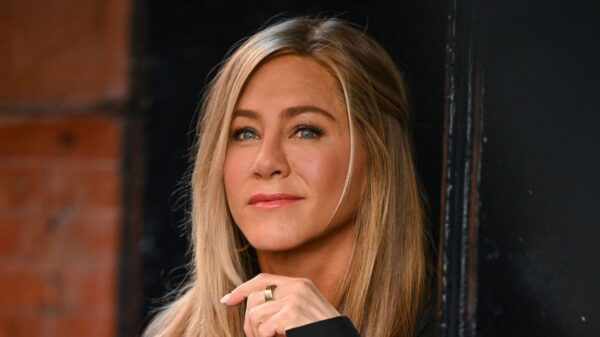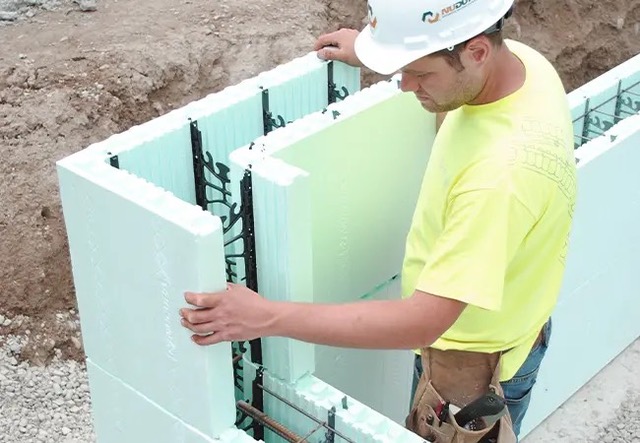Record-breaking heat has gripped Virginia this summer, increasing energy consumption and utility bills, while straining an aging power grid. As temperatures soar, the need for long-term resilience in housing has become critical. The rising challenges of climate change emphasize the importance of investing in energy-efficient and climate-resilient homes, not just for comfort but for survival and financial savings.
One innovative solution gaining traction among homeowners and builders is the use of insulated concrete forms, or ICFs. These structures combine strength, energy efficiency, and sustainability in a cost-effective manner. Resembling large foam building blocks, ICFs are stacked and locked into place before being filled with ready-mixed concrete, creating walls that offer both structural integrity and continuous insulation.
The Benefits of ICF Construction
As climate change intensifies and utility costs escalate, ICF construction presents a compelling answer to many of these challenges. Here are several ways ICFs can enhance residential properties:
Energy Efficiency: ICFs provide superior insulation and airtightness, significantly lowering heating and cooling costs, thereby reducing homeowners’ carbon footprints.
Durability and Strength: These structures are engineered to resist fire, wind, pests, and moisture, making them capable of withstanding extreme weather events such as hurricanes, tornadoes, and earthquakes.
Noise Reduction: The combination of concrete and foam insulation effectively blocks external noise, resulting in quieter indoor environments.
Organizations like Habitat for Humanity Peninsula and Greater Williamsburg are embracing ICFs in their homebuilding projects. Currently, two ICF homes are under construction in Toano, where the concrete walls have already been erected. Additionally, Habitat for Humanity Amherst County recently completed its first two ICF homes, marking a significant milestone in sustainable housing.
ICF Homes of Virginia is another key player in this movement. Founded by David Phelps, the company has specialized in custom ICF homes for over 20 years, emphasizing durability, energy efficiency, and design flexibility. To make ICF construction more accessible, the company has introduced simplified floor plans aimed at first-time homebuyers.
When discussing ICFs, Phelps highlights the importance of energy efficiency and environmental responsibility. He states, “In our business, we define sustainability as a home that lasts for hundreds of years, not one that gets knocked down or burned every 50 years and rebuilt with the same materials. We build homes assuming they won’t need to be rebuilt for generations. To me, that’s true sustainability, something that can withstand whatever nature throws at it.”
A Stronger Future for Virginia’s Housing
Charlie Bartocci, regional sales manager at Luck Stone and board member of the Virginia Ready Mixed Concrete Association, echoes Phelps’ sentiments. He believes that as the construction industry adapts to evolving building standards and environmental challenges, ICFs offer a reliable option that aligns with sustainability and long-term performance goals.
The growing recognition of the benefits of ICF construction signifies a shift towards smarter, more resilient building practices. Investing in these innovative homes is not merely about cost savings; it is about creating a stronger, safer, and more sustainable future for generations to come.
As Virginia faces increasingly severe weather patterns and rising energy costs, the adoption of ICFs represents a proactive approach to housing that prioritizes both immediate comfort and long-term viability. The construction industry’s shift towards ICFs reflects a broader commitment to sustainable living, ensuring that homes serve not just as shelters but as vital components of community resilience in challenging times.


